Washington Independent Review of Books
Song Noir: Tom Waits and the Spirit of Los Angeles
Review By David A. Taylor
March 3, 2023

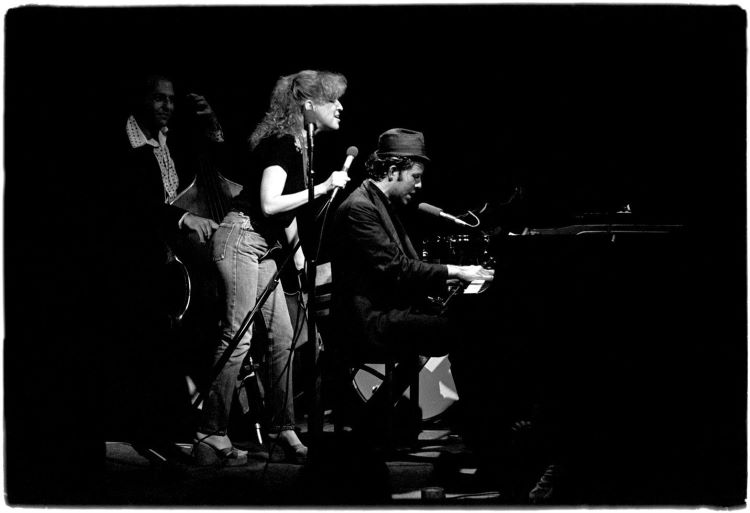
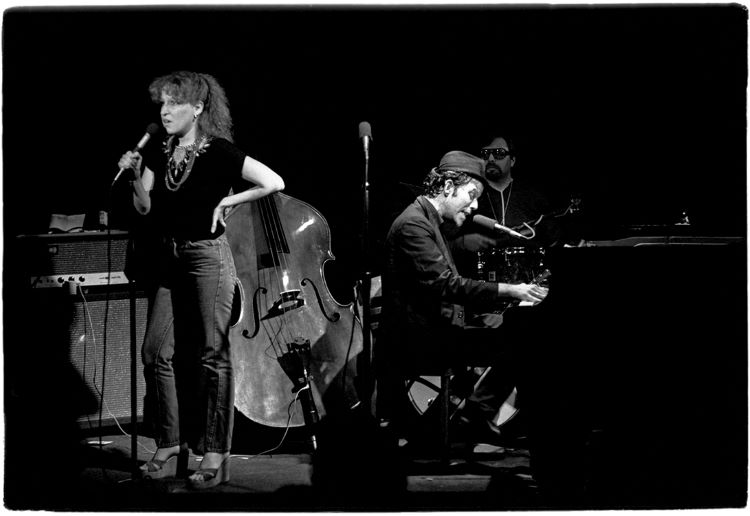
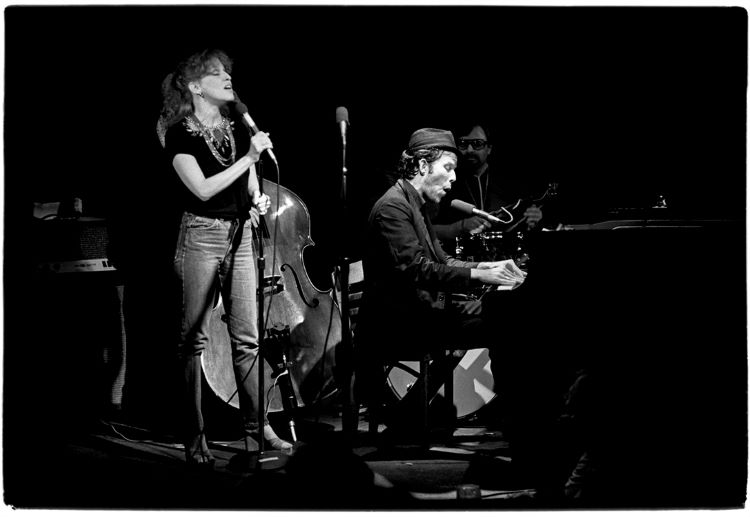
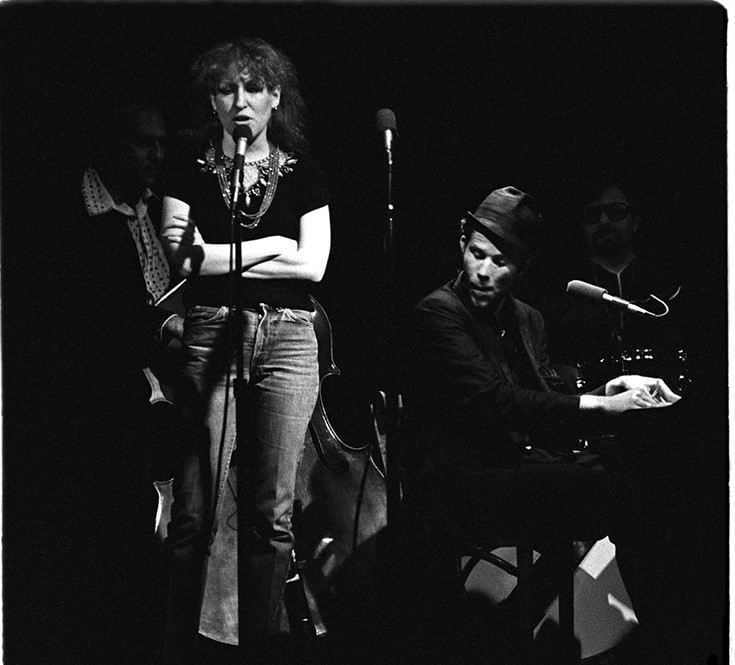
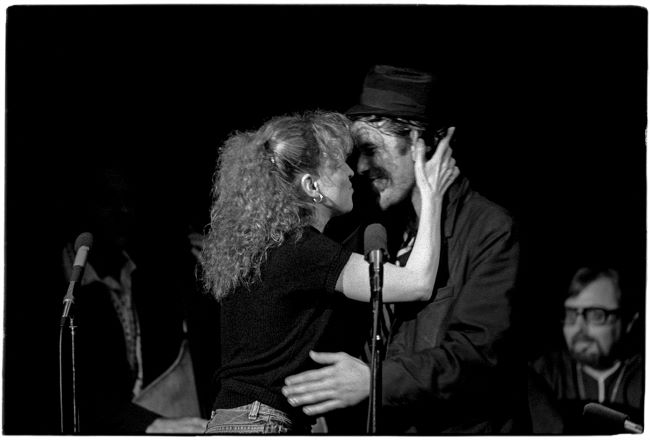
Photos by Al Satterwhite
Mister D: I just wanted to remind people that Alex Harvey wrote “Delta Dawn” The story about Delta Dawn is fascinating, and sad, like southern lore and the attempt to get it on the radio is chaotic. I would like to say that Mr. Harvey thought it was Bette Midler that captured the essence of the song. Read The Clusterfuck History of “Delta Dawn”
For a book about a musician, Alex Harvey’s bio on Tom Waits namechecks a remarkable range of literary types —including Charles Bukowski, Joan Didion, Allen Ginsberg, Jack Kerouac, Flannery O’Connor, Nelson Algren, and Clifford Odets — plus inky-newsprint figures like the photographer Weegee. And that’s just in the first several-dozen pages. But make no mistake, the tenor of Harvey’s portrait of Tom Waits and his hometown veers toward the guttersnipe image that the singer himself cultivated early in his career, from California’s Silver Lake and Echo Park to West Hollywood.
The book has a nicely contained thesis — that Los Angeles and its variegated character shaped Waits’ creative development — and its focus on the first 10 years of his recording career serves that thesis well. Waits’ career path can look head-scratching. A musician launches with a half-dozen albums in the familiar genres of ballads, jazz, and blues, then takes a hard turn toward the theatrical avant-garde and keeps on going. In laying out Waits’ story, Harvey, a filmmaker, maps the journey in a clear and compelling way.
He sets the compass in the middle-class Los Angeles County suburb of Whittier. Waits’ parents came together in L.A. from drastically different backgrounds. Frank (from rural Texas) played gigs with a mariachi band, and Alma (from Oregon) hailed from a musical family. Frank was named for outlaw Frank James and, in son Tom’s words, was “a tough one, always an outsider.” His alcoholism and eventual break from the family would cause havoc.
In early scenes, Harvey paints an evocative, cinematic view of the city’s edges via young Tom’s weekly visits to Alma’s family in rural La Verne, a short drive away:
“But for an eight-year-old, it seemed an intoxicating shift away from the suburbs to the country, crossing the railroad as the landscape changed. ‘We were always waiting for the trains to pass. And the magic for that as a kid, hearing the bell…and counting the cars as they go by and I knew we were getting further out of town when I could smell horses…it was like perfume to me.’”
“But for an eight-year-old, it seemed an intoxicating shift away from the suburbs to the country, crossing the railroad as the landscape changed. ‘We were always waiting for the trains to pass. And the magic for that as a kid, hearing the bell…and counting the cars as they go by and I knew we were getting further out of town when I could smell horses…it was like perfume to me.’”
Tom Waits
As a teenager, Waits was out of step with the hippies (“I was kinda lost in the Sixties”) and was drawn instead to the Beat poets, especially Kerouac and Ginsberg. They became his father figures. On the Road made him hungry to dig into “the minutiae of life,” the details that he sensed would pull him out of shrink-wrapped, midcentury Americana. “I didn’t go to San Francisco until the whole of the flowers and love bit was over,” he once said, “and when I did go, I was looking for the City Lights Bookstore.”
Waits left high school without graduating and gravitated to clubs in Southern California’s folk scene. His first public gig was at San Diego’s Heritage club, and he soon began prowling L.A.’s Troubadour. There, at its iconic open-mic nights, Waits got his chance. He impressed Herb Cohen, who managed Frank Zappa, and soon left his wage job at Napoleone’s Pizza for a songwriting contract and a home in Silver Lake.
The author savors the odd and poignant scenes that populate Waits’ songs and stories, such as the charity of a Pentecostal congregation that once took up a collection for his lodging when he had none. On tour, Waits opened for Zappa, singing his ballads before thousands of people “united together chanting ‘You suck’ full volume in a hockey arena.” Scarred by the experience, “the constant foot stomping and hand clapping, ‘We! Want! Frank!,’ he said, ‘It was like Frankenstein, with the torches, the whole thing…Frank shows up in my dreams asking me how the crowd was.”
In his early songs, Waits embodied a sense of cool tempered by the despair and oppression of the people at the bottom. He created a persona that sometimes romanticized poverty. Along the way, he got roughed up by police and jailed overnight when he and his friend Chuck E. Weiss (made famous by Rickie Lee Jones’s “Chuck E.’s in Love”) intervened in the beating of a man in a diner. Waits also started a famous, debauched residency at the Tropicana Motel and an affair with Jones. While recounting these tales, Harvey parses the sonic world of early Waits’ albums — like Small Change, which captured “the pain and despair of urban isolation” imbued with Los Angeles and pinpointed to Skid Row between Fifth and Main.
This is a heavily male book; Alma doesn’t get nearly the depth of analysis that Frank receives. But three women do light up the pages. Bette Midler opens Waits’ eyes during an on-and-off fling. Rickie Lee Jones makes a torch singer’s entrance while she and Waits are deep into drugs and alcohol. Finally, Kathleen Brennan, who Waits met while working on Francis Ford Coppola’s “One from the Heart,” comes across as a savior and accomplice in the singer’s next phase, encouraging him to take creative control of his life and health. As Waits admits, Brennan, now his wife, deserves great credit for the artist he became.
Mister D: Tom Waits wrote “Rainbow Sleeve” in which she gave a heartbreaking performance in Divine Madness. Shortly after Rickly Lee Jones recorded it and I remembered she sounded so frail and broken.
When the book ends, Waits’ international fame — along with innovative, resonant albums like Frank’s Wild Years and Bone Machine — still lies in the future. But the outline of his corrugated voice and creative leaps are clear. In a 2011 “Fresh Air” interview, host Terry Gross asked Waits, “Did you always want to be peculiar?” The question seemed to catch him off-guard.
“I’ve always wanted to be curious and provocative, I guess,” he replied.
David A. Taylor’s books include Soul of a People, about the WPA writers, and Cork Wars: Intrigue and Industry in World War II, which received an Independent Publishers Book Award for world history. He teaches in the Johns Hopkins Science Writing Program.

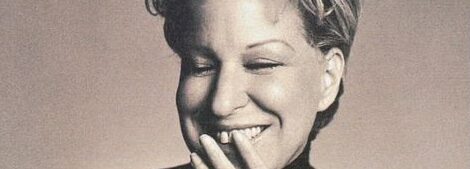
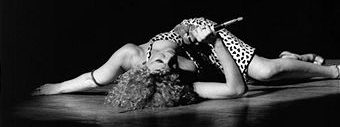
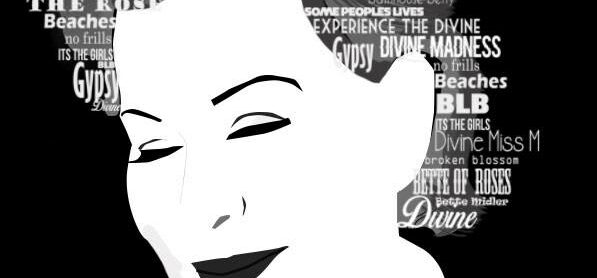
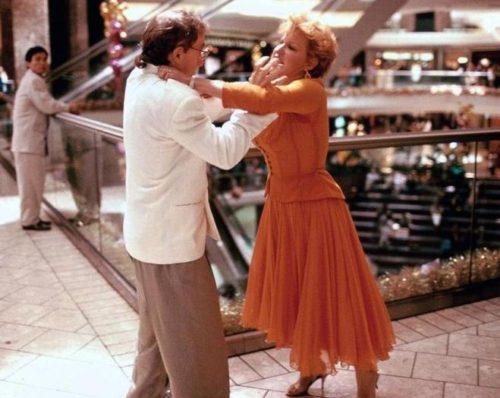

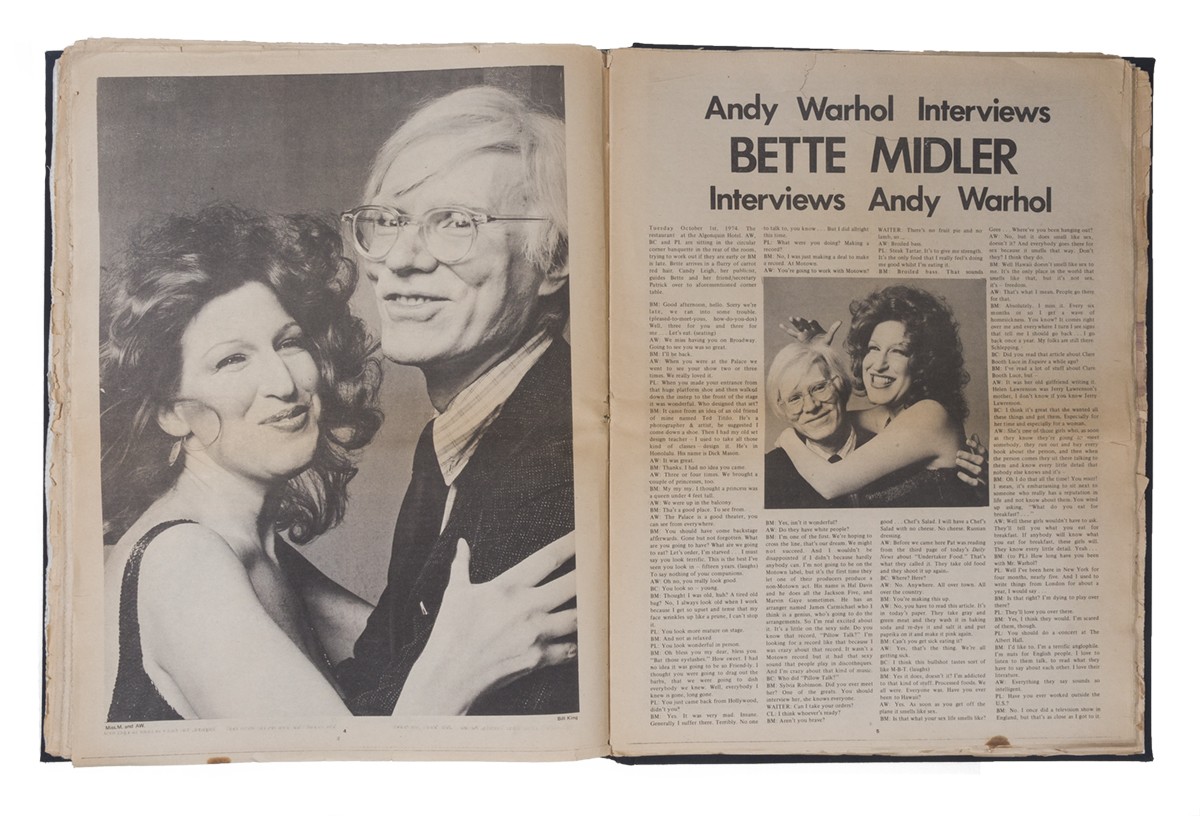
Rainbow Sleeve – Mister D (piano and vocals)=Beautiful rendition of a beautiful song.
Thank you! I was really nervous putting That up